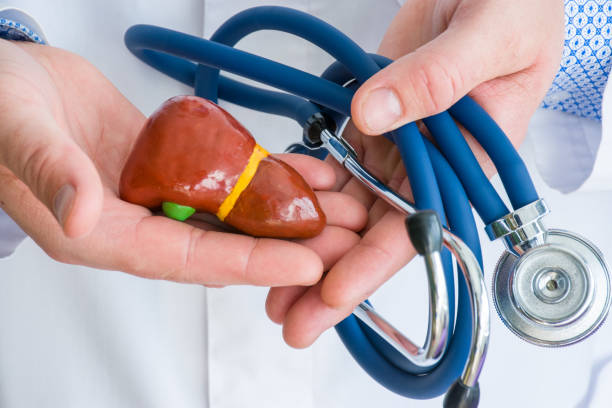
A gallbladder attack, also known as a gallbladder flare-up or gallstone attack, can cause severe pain and discomfort, leading many people to wonder when to go to hospital for gallbladder attack. The gallbladder is a small organ that helps with digestion by storing bile produced by the liver, and when problems arise—often in the form of gallstones or inflammation—intense symptoms may follow. Recognizing the signs of a gallbladder attack and knowing when it’s time to seek medical attention is crucial for managing the condition effectively.
Recognizing the Symptoms of a Gallbladder Attack
The symptoms of a gallbladder attack often come on suddenly and can vary from mild discomfort to severe pain. Common signs include:
- Intense Pain in the Upper Right Abdomen: The pain is typically sharp and can last from a few minutes to several hours. It might radiate to the back or shoulder blades.
- Nausea and Vomiting: Many people experience nausea, often accompanied by vomiting, which can worsen the pain.
- Indigestion: Some individuals report feeling bloated or having difficulty digesting fatty foods.
- Fever and Chills: This could be a sign of an infection requiring immediate medical attention.
- Jaundice: Yellowing of the skin or eyes can indicate a blockage in the bile duct, which may occur during a gallbladder attack.
When to Seek Emergency Medical Help
While some mild symptoms of a gallbladder attack may resolve with rest or over-the-counter pain relief, certain signs signal when you should go to the hospital for a gallbladder attack. Immediate medical care is necessary if you experience:
-
Severe Pain That Doesn’t Go Away: If the pain is excruciating and persistent, especially in the upper right side of your abdomen, it could indicate a serious issue, such as a blocked bile duct or an infected gallbladder (cholecystitis).
-
Fever or Chills: A fever, combined with abdominal pain, may suggest an infection or inflammation of the gallbladder, which requires antibiotics and possibly surgery.
-
Jaundice: Yellowing of the skin or eyes can indicate a blockage of the bile duct, potentially causing dangerous complications such as pancreatitis or liver damage.
-
Vomiting: Continuous vomiting that accompanies the pain could lead to dehydration and may require IV fluids or other medical interventions to stabilize the patient.
-
Changes in Stool or Urine: Dark urine or clay-coloured stools can be signs of a bile duct blockage, signalling urgent medical care.
-
Difficulty Breathing or Chest Pain: If a gallbladder attack is accompanied by shortness of breath, chest pain, or dizziness, this could suggest a more severe condition like a heart attack or a complication related to the attack, requiring immediate medical attention.
Diagnosis and Treatment of Gallbladder Attacks
When you go to the hospital for a gallbladder attack, doctors will typically perform several diagnostic tests to confirm the cause of your symptoms. These tests may include:
- Ultrasound: This is the most common imaging technique used to identify gallstones or signs of inflammation.
- Blood Tests: Blood work can help detect signs of infection, liver damage, or other complications.
- CT Scan or MRI: These may be ordered if more detailed imaging is required to evaluate the gallbladder and surrounding organs.
Treatment options will depend on the severity of the condition. In mild cases, medications to manage pain and inflammation may be sufficient. However, in more severe cases, surgery to remove the gallbladder (cholecystectomy) may be necessary, especially if the gallbladder is infected or if gallstones are causing recurrent attacks.
Prevention and Long-Term Care
While you can’t always prevent a gallbladder attack, there are steps you can take to reduce your risk.
Maintaining a healthy weight, eating a balanced diet of fruits, vegetables, and fibre, and avoiding fatty or high-cholesterol foods can help prevent gallstone formation. Suppose you have a history of gallstones or are at high risk for gallbladder disease.
In that case, discussing ongoing monitoring or potential treatments with your doctor is essential to reduce your chances of future attacks.
Conclusion
Knowing when to go to the hospital for a gallbladder attack is essential for ensuring proper care and preventing serious complications. If you experience severe pain, fever, jaundice, or other concerning symptoms, seeking medical attention promptly can help manage the condition effectively and prevent further health issues. Always consult with your healthcare provider if you have concerns about your gallbladder or any digestive issues.





Leave a Reply